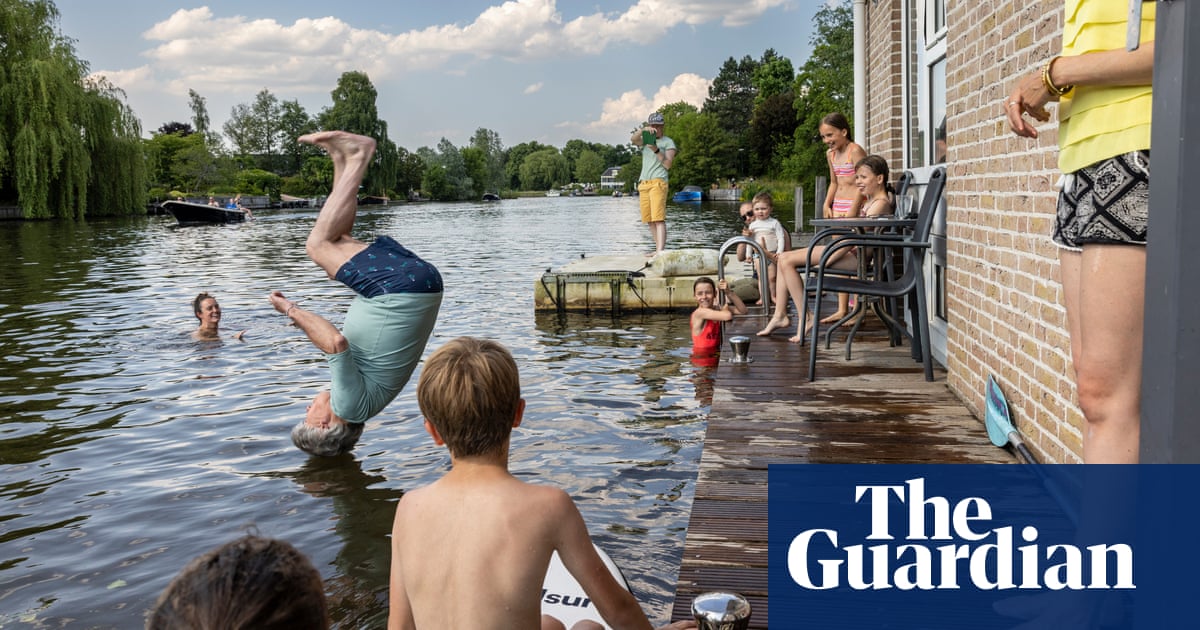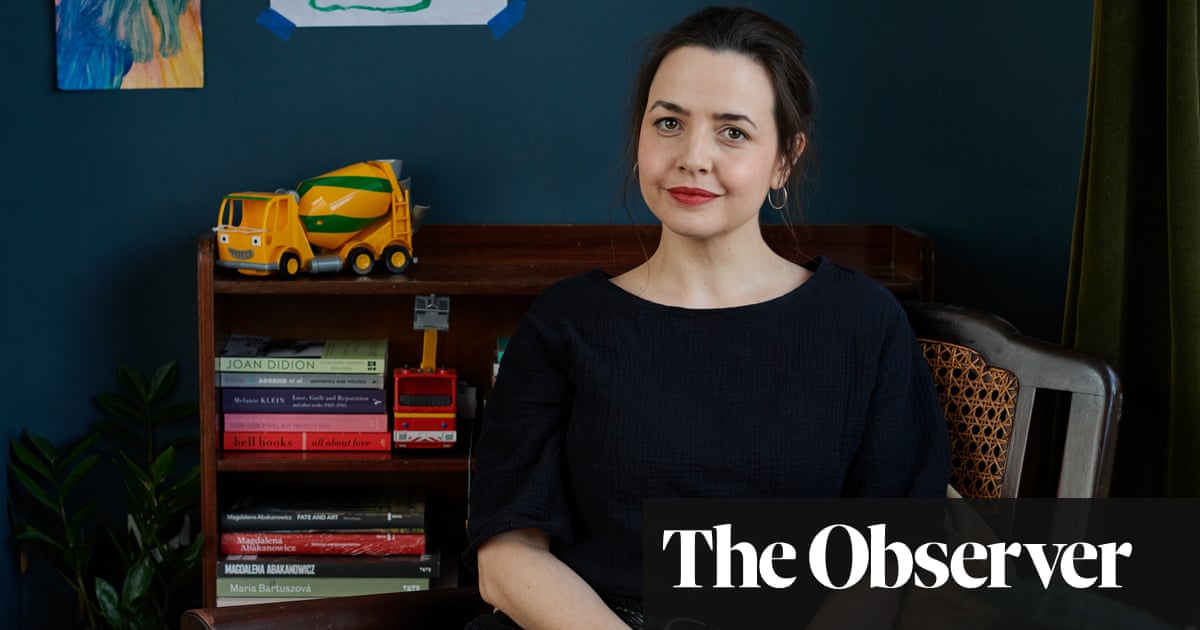
For those of you who whiled away hours on the sofa watching society crumble in the face of marauding zombies, deadly aliens and infectious diseases – it’s time to reap the rewards.
Psychologists have found evidence that fans of apocalyptic movies – where global order is upturned – may be more resilient and better prepared to deal with the coronavirus pandemic than the rest of us.
The bleak scenarios thrown up by films such as Contagion, from panic buying and isolation to fear of others and fake claims of miracle cures, appeared to help viewers take the outbreak in their stride and work out how best to handle the crisis.
“If it’s a good movie, it pulls you in and you take the perspective of the characters, so you are unintentionally rehearsing the scenarios,” said Coltan Scrivner, a psychologist who specialises in morbid curiosity at the University of Chicago. “We think people are learning vicariously. It’s like, with the exception of the toilet paper shortage, they pretty much knew what to buy.”
The researchers questioned 310 volunteers on their movie preferences and viewing histories before asking them how prepared they felt going into the pandemic and what levels of anxiety, depression, irritability and sleepless they had experienced.
Horror movie fans appeared less distressed by the crisis than most, but those who favoured “prepper movies” – where society collapses – ranked as more resilient and better prepared, both mentally and practically.
The finding held when the psychologists controlled for age, sex, how fond people were of movies in general, and personality traits such as neuroticism and conscientiousness.
Scrivner suspects many factors are at play. Movies like Contagion, which rocketed in popularity as coronavirus spread, make aspects of the pandemic such as quarantine and supply shortages seem less strange, he believes.
“You’ve seen it a hundred times in the movies, so it doesn’t catch you off-guard so much,” he said. The movies are an opportunity too, he added, for people to practice pulling themselves together when bad times come along.
In one scene in Contagion, Beth Emhoff, played by Gwyneth Paltrow, is sitting in an airport bar when the camera follows her credit card as she hands it over to be swiped.
In another, scientist Ian Sussman, played by Elliott Gould, is horrified as he watches a woman in a restaurant cough and take a sip from her glass. But they are not the only scenes that reflect real life in the coronavirus pandemic, Scrivner said.
One character in the film touts a miracle cure called forsythia, which goes viral, so to speak, and causes chaos. “It’s similar to what’s happening with the antimalarial drug,” he said. “There are always going to be people who tout miracle cures in the face of something like that and one thing you take away is perhaps you should be sceptical.”
Another prepper movie, It Comes at Night, centres on the paranoia of a cast holed up in a house in the woods after a highly infectious disease brings the world to its knees. “One thing someone might pull from this is that paranoia about a threat can sometimes cause more grief than the thing causing the paranoia,” Scrivner said.
One reason people are drawn to apocalyptic movies, he believes, is that they give viewers a safe way to experience the chaos of social breakdown. “For the cost of a bad dream one night, you can learn what the world looks like when a pandemic hits,” he said, likening the benefit to playing tag. “It’s not like you’re thinking, this is what I’ll do when someone chases me, but you’re building the knowledge you can draw on later, even if it’s outside your conscious awareness.”
Mathias Clasen, a psychologist at Aarhus University and a co-author on the study, which is under review at the Social Psychology and Personality Science journal, said movies can help people prepare for scary situations in the same way that our imagination allows us to rehearse for dates and confrontations.
“Our ability to imaginatively inhabit virtual worlds – worlds of our own making, as well as those conveyed by movies and books – is a gift from natural selection; a bit of biological machinery that evolved because it gave our ancestors an edge in the struggle for survival,” Clasen said.
“If you’ve watched a lot of what we call prepper movies, you will have vicariously lived through massive social upheavals, states of martial law, people responding in both prosocial and dangerously selfish ways to a sudden catastrophic event,” he said. “Compared to somebody who has never simulated the end of the world, you’ll be in a better place because you have that vicarious experience.”












